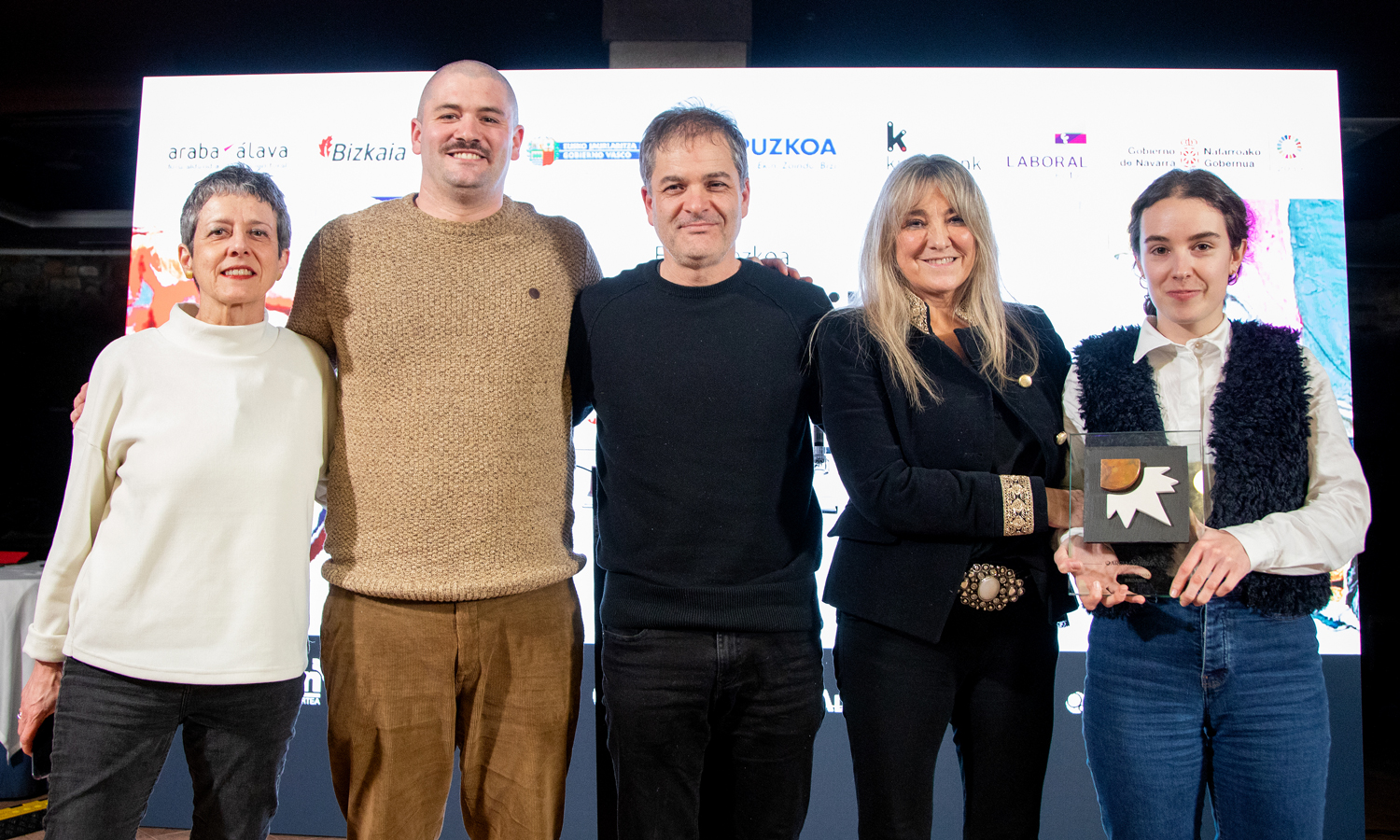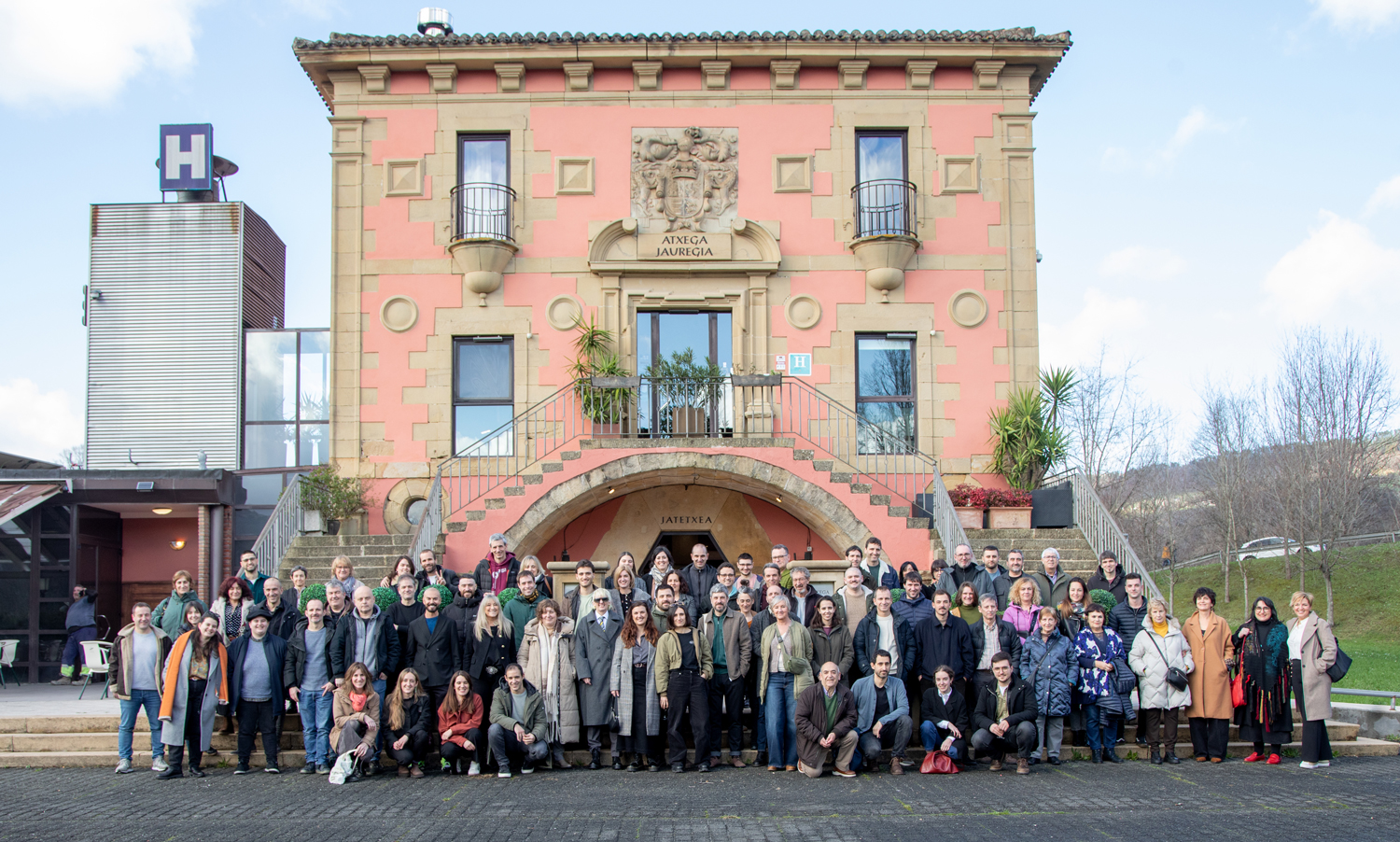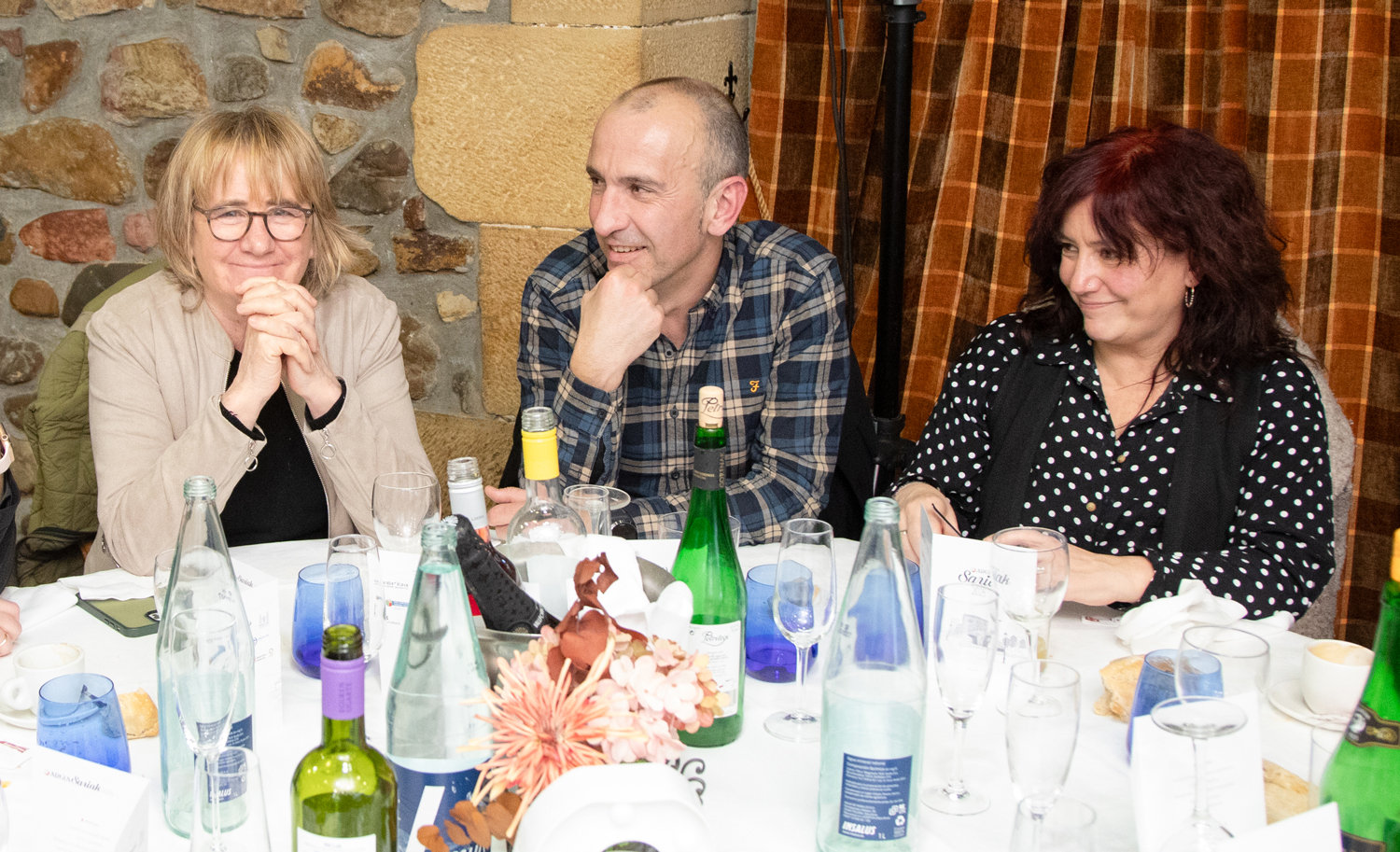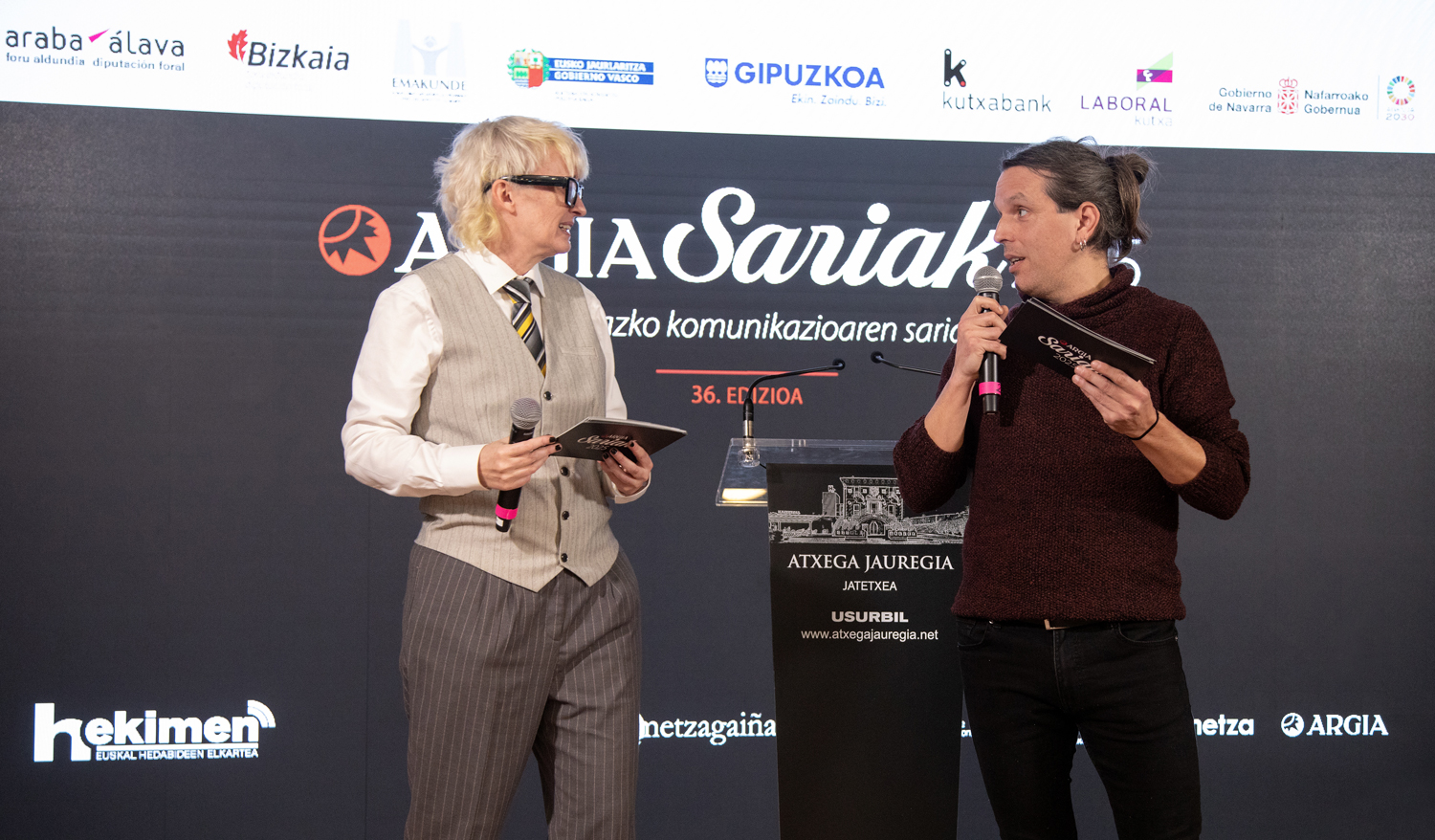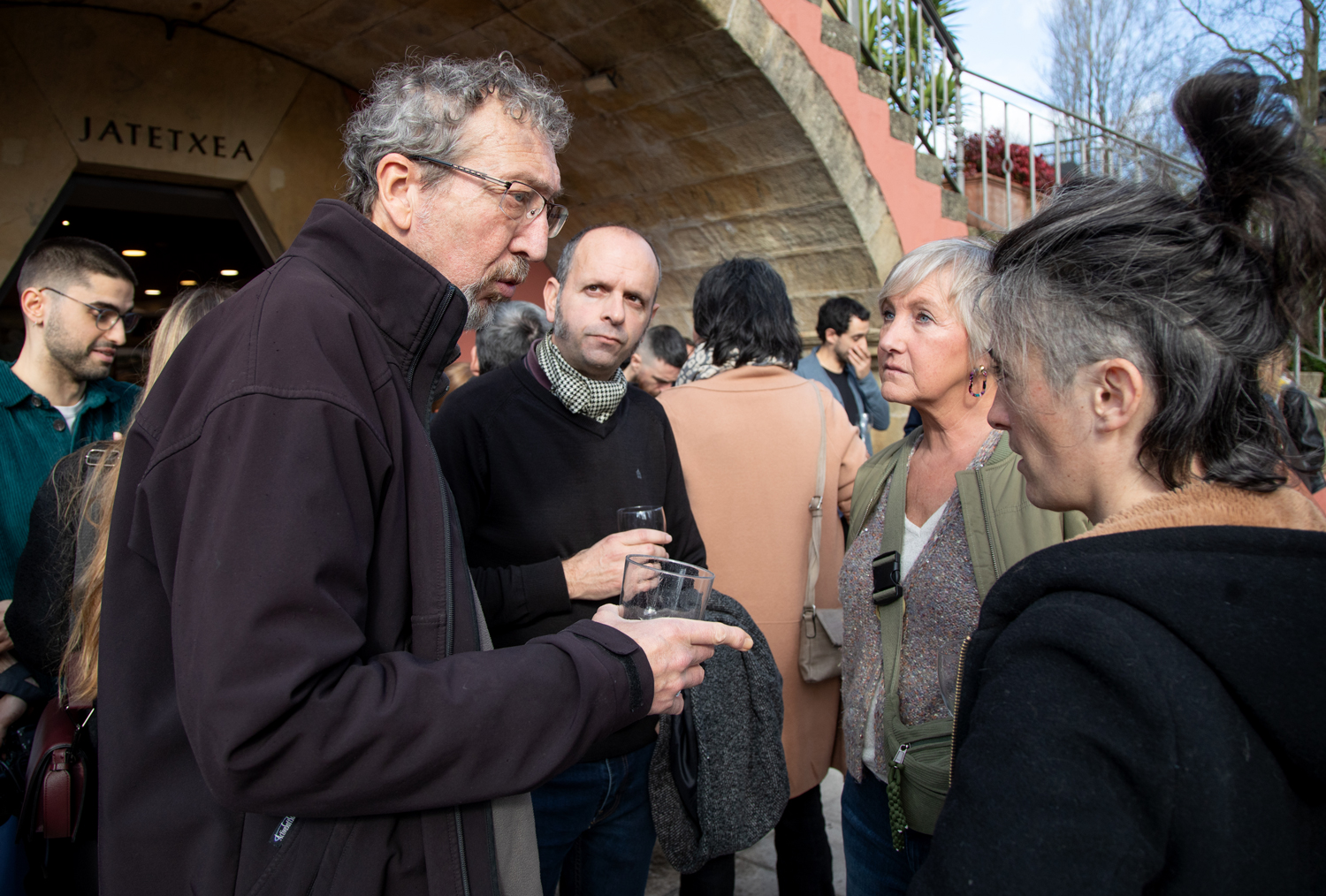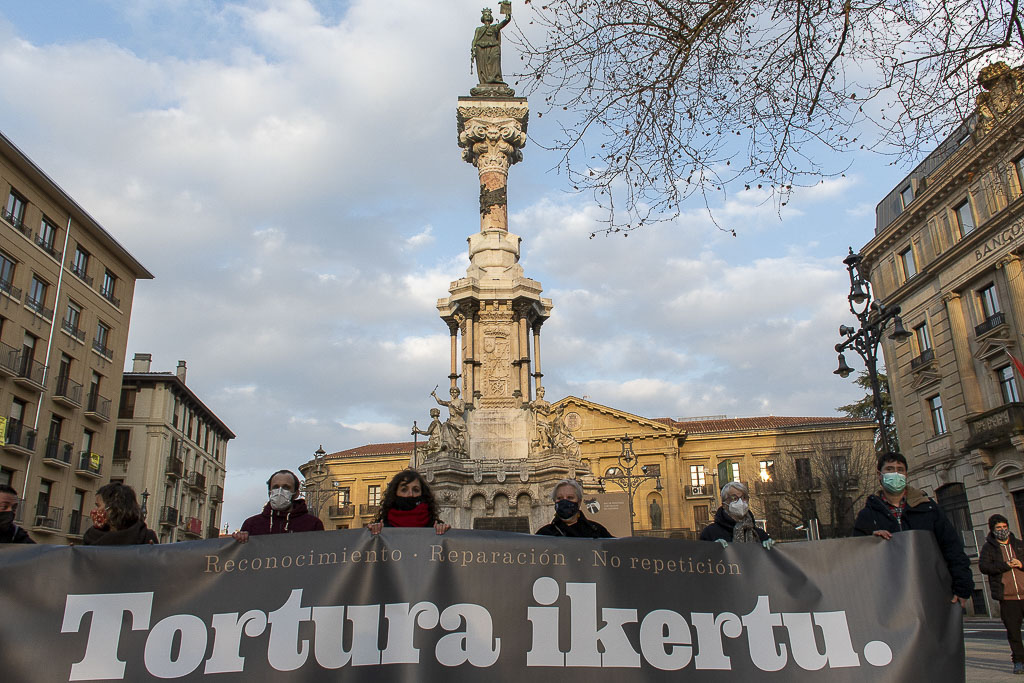On the exile of humble citizens
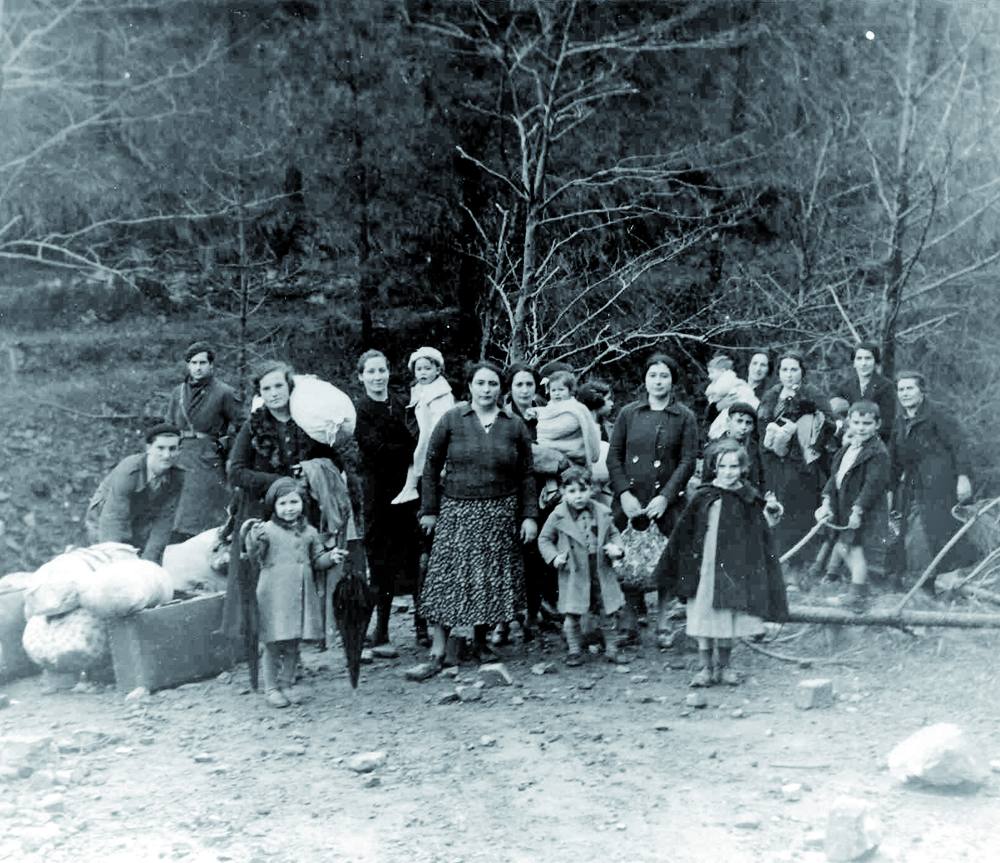

Bertolt Brecht, asked about a worker in poetry, showed the marginalization of the humble people. These words go well to the thousands and thousands of Basques who were exiled in the five-year period of 1936 and 1939. And that is that, while the exile of high-level politicians and intellectuals has been brought to history and has appeared everywhere, the fate like the other citizens has been torn apart. Today, with astonishment and as if it were something unknown, there have been tributes to the women who were expelled by the force of their people. It was time! To recover for a while, the exile that is standing in the historical memory in front of the ugly duckling, because we owe it to the truth and because it is the direct echo of tragedies such as those that are happening today in Europe.
The exile that occurred as a result of the 1936 civil war, besides being the largest in the history of the peoples of the Spanish State, crushed citizens from all classes and areas. And not only in the well-known Retreat, which since February 1939 was developed outside the borders of Girona, but also at the beginning of the war. As you know, with the coup d’état of the Spanish rebel military, people fled from the very beginning, albeit in smaller groups. As the Francoists advanced, those leaks were being pushed.
The first massive exile was Irun's. Together with the militiamen, thousands of people crossed the Bidasoa to seek refuge in Iparralde, both children and adults. In the hope that it would be a flight of a few days, while for many the war became a means, for others a journey without return.
Despite the stability of the war front, internal exiles continued. From the villages in the rear, hundreds of women were expelled with their children, suspected of being suspicious. This was the precedent of the second mass exile that followed months later by the offensive against Bizkaia. From Zarautz, from Zumaia, from Getaria, from Azkoitia -- hundreds of people made pitiful roadblocks. But the worst thing was to come: the bombings of the fascists with total impunity made it clear that there was no one safe. It was a total war. Thus, they began to organize large child exiles from the ports of Bizkaia. We know what the result was: Over 20,000 children left their home and had fun until the end of the war in Britain, France and Belgium, and until the 1960s in the Union of the Soviet Socialist Republics.
This dismantling of children was a sign of what would come when the northern front was completely in the hands of the franchisees: From the ports on the Cantabrian coast, soldiers, political leaders and citizens embarked to land in Nantes, Saint Nazaire, La Pallice or Pauillac. Many of them stayed in the French colonies, others were housed by their families and many went to Catalonia to seek temporary refuge.
In January 1939, the Francoists placed Catalonia as their destination. Then, all those Basque refugees who had been out of the house since 1936-1937 received the final exile. The greatest leakage occurred when the Francoists approached the Catalan capital, in Barcelona. With the word withdrawn, this regression that has taken place in history generated a huge number of refugees. The French right-wing weekly L’Illustration described it as follows: “The exodus of Spaniards in France, by the magnitude it has received, is unimaginable. A whole people goes: rich, poor, bourgeois, merchants, peasants, laborers, armies, loaded with animals, cars, cars, instruments of war.” Witnesses and historians agree that they could reach 500,000. Nor is there any doubt that the French Government has denounced the attitude towards these refugees: the authorities closed the borders until the last moment and when they agreed to welcome in France the escaped crowd they were given a special “welcome”.
After crossing the borders, the French gendarmes disarmed and tracked the militiamen, who were transferred to the nearest concentration camps and to the concentration beaches of Argeles, Saint Cyprien and Le Barcares, in areas surrounded by poplar and military. For their part, those who were not militiamen were sent to the shelters in the interior. In any event, the French authorities put a great deal of pressure on people to return to Francoist Spain as soon as possible. Many agreed to do that. Those who remained in France also had to suffer the fascist diversion of the French State within the framework of the Second World War. For the World War, first with Daladier and Reynaud and then with the Petainena Vichy regime.
When the World War ended, there was no approval among the democratic victors of Spain and Europe. Exile would be forever, not only for senior political leaders, but also for those humble citizens that Bertolt Brecht recalled.
They were all in food and drink, seemingly cheerful, but some were nervous between snacks and appetizers. He would receive the prize for the second time, but he would be the first to have it in his hands. And I was nervous because the reminder had to get to the office, damn it.... [+]
Even if things change quickly and vividly, some things don’t change: The Light Awards event is one of them. This is what an outside journalist who has come to this chronicler in need has told him, along with the fact that LUZ has changed a lot before the awards ceremony... [+]
Irureta Azkun made an appointment on behalf of the LAR team:
"One of the thousands who make up the LUZ community has recently told us that sometimes LUZ is dark, that there is hard news that moves it inside. That we're doing a good job, but the bad news is knocking his throat... [+]
Arizona
Actors: Justin Garfield and Jon Plazaola...
WHEN: January 26th.
IN WHICH: The New Culture Center. In the square.
-------------------------------------------
The couple Margaret (Aitziber Garmendia) and George (Jon Plazaola) leave Idaho to guard the border between... [+]













